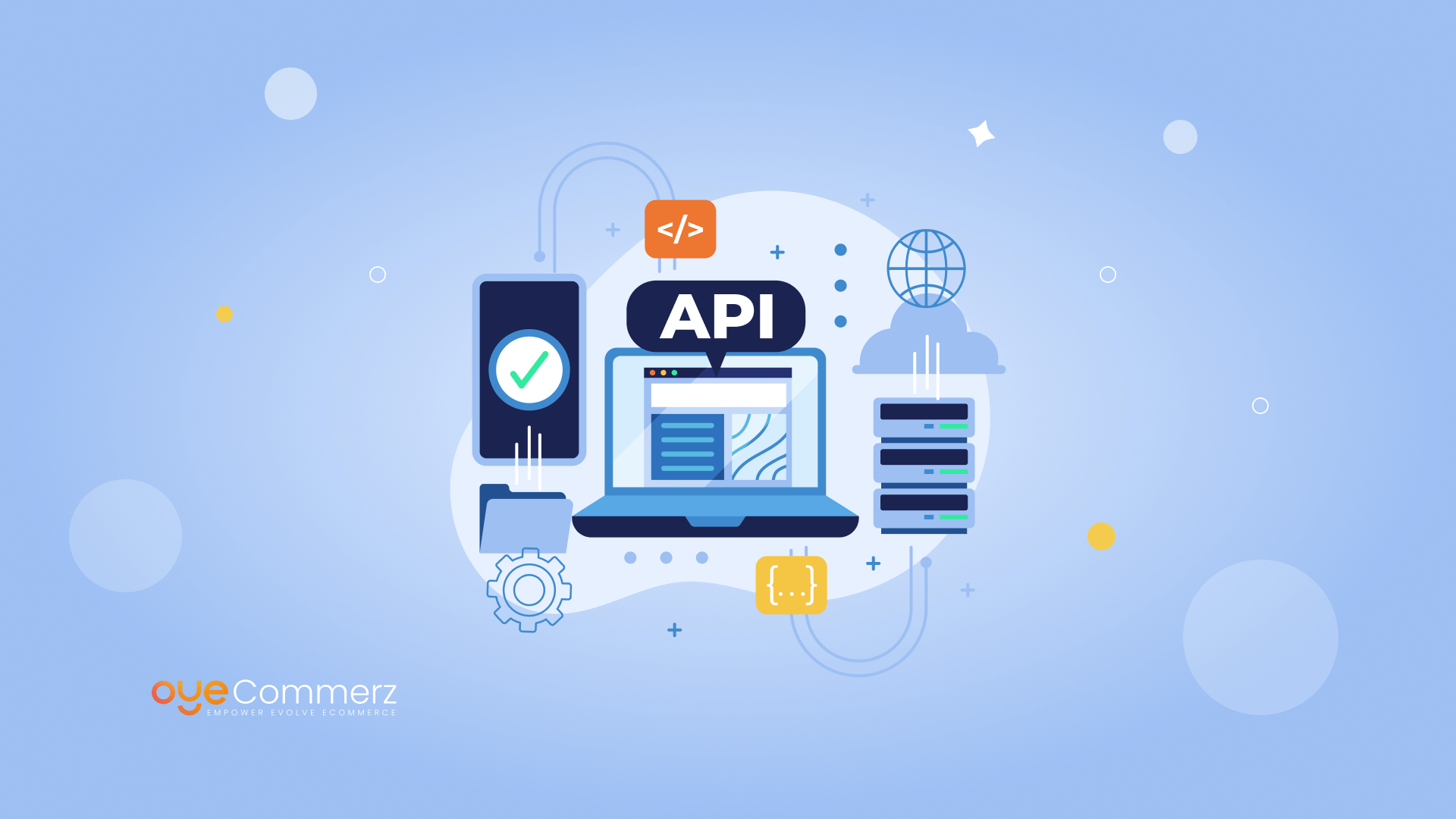Overview
In the current competitive e-commerce landscape, differentiating is paramount, and a top method to set apart a Shopify store is through tailored app development. A robust Shopify app can enhance store capabilities, simplify processes, and elevate customer engagement. This article delves into essential elements of Shopify app development, covering API integration and app ecosystem to scaling strategies and digital marketing approaches, providing a roadmap for businesses looking for superior store efficiency.
Why Shopify API Integration Matters
Shopify’s API provides powerful tools to personalize and extend store functionalities. With GraphQL and REST APIs, developers can access data to create apps that manage inventory management, order processing, and customer information management smoothly. Integrating Shopify’s API can lead to better workflow automation and allows stores to assist shoppers more efficiently.
Adopting the Polaris Design System
Shopify’s Polaris is Shopify's design system for creating intuitive and easy-to-use Shopify apps. By following Polaris principles, developers guarantee that apps integrate smoothly within the Shopify Admin experience. This provides a cohesive appearance that appeals to Shopify merchants, promoting usability and comfort for merchants utilizing your custom app.
Understanding the Shopify App Ecosystem
The Shopify app ecosystem provides numerous opportunities for improving online stores. From handling order fulfillment to boosting customer engagement, apps in this ecosystem are designed to meet various business needs. Familiarizing with this ecosystem assists developers in identifying unique app opportunities and allows for smooth connections of external tools that add value to the store.
Building Embedded Shopify Apps
Embedded apps integrate directly within the Shopify Admin, providing a smooth interface for merchants. They allow merchants don’t have to navigate away from their Shopify control panel, streamlining their workflow. Using Shopify App Bridge and embedded app capabilities is a best practice for offering a cohesive, integrated user experience.
Using Node.js and React for Shopify Apps
Node.js and React have become top options for Shopify app creation. This server-side framework enables efficient back-end services, while React allows for dynamic, responsive front-end design. Together, they offer an strong framework for creating speedy, scalable Shopify apps that improve store performance and customer engagement.
Webhooks in Shopify Apps
Webhooks allow real-time data updates between Shopify and an outside application. They trigger events such as order creation or stock changes and send instant alerts to your app. By implementing webhooks, apps can deliver real-time insights for store owners, simplifying processes and boosting efficiency.
Engaging Customers Through Digital Marketing for Shopify Apps
To make a Shopify app successful, connecting with users is crucial. Utilizing digital marketing strategies like SEO, email marketing, and social media campaigns can drive app adoption. Additionally, designing apps with customer interaction as a focus (e.g., loyalty programs or personalized recommendations) increases user retention and loyalty.
Scaling Your Shopify App
As e-commerce businesses grow, so do Using Node.js and React in Shopify their technology requirements. Ensuring that your app can manage increased traffic, larger data sets, and more complex functionalities is essential. By optimizing server capacity E-commerce app development and using scalable technologies, you can create apps that expand in tandem with a store’s success.
Essential Features and Maintenance for Shopify Apps
For an app to be effective, it should include key capabilities like user login, analytics dashboard, and support channels. Regular app maintenance, with updates to fix bugs and compatibility checks with new Shopify features, is important to ensure continuous operation and avoid interruptions to merchant workflows.
Conclusion
Custom Shopify app development holds vast potential for e-commerce businesses, offering the chance to enhance performance, simplify operations, and foster customer loyalty. With API integrations and Node.js to ensuring scalability and customer interaction, building a Shopify app involves careful planning and well-planned actions. If you’re prepared to elevate your e-commerce experience, a tailored Shopify application may be the ideal solution. What features do you envision for your ideal app? Share your ideas and begin the journey to an optimized e-commerce journey!
